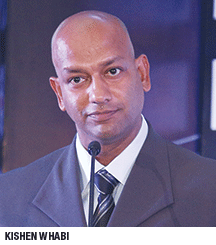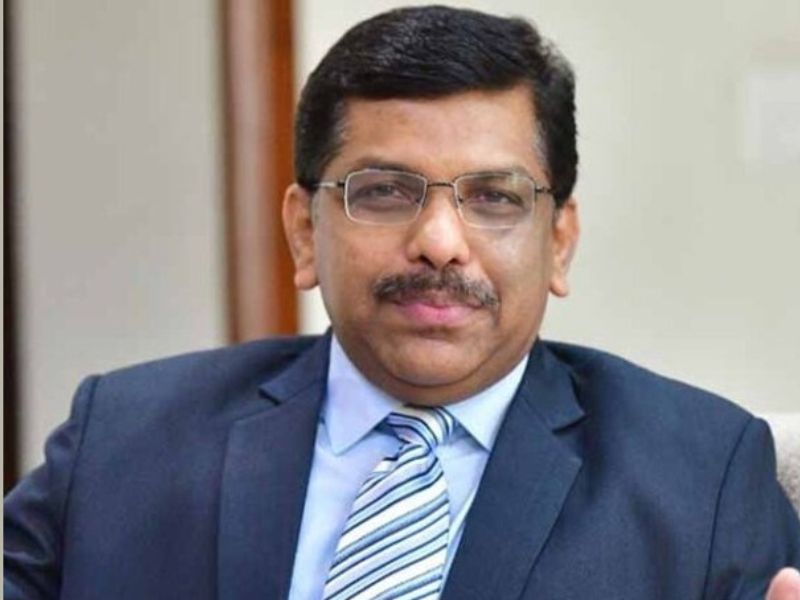 ONE OF THE HOTTEST TOPICS BEING DEBATED in the sporting world currently is whether it is advisable to specialise in a single sport from an early age to maximise potential. When young children exhibit extraordinary skill or potential in a specific sport, they are often pushed to specialise by family or coaches. While it’s tempting for parents to throw all their energy into helping their child fulfill her potential in one game or sport, they should carefully weigh the pros and cons of early specialisation.
ONE OF THE HOTTEST TOPICS BEING DEBATED in the sporting world currently is whether it is advisable to specialise in a single sport from an early age to maximise potential. When young children exhibit extraordinary skill or potential in a specific sport, they are often pushed to specialise by family or coaches. While it’s tempting for parents to throw all their energy into helping their child fulfill her potential in one game or sport, they should carefully weigh the pros and cons of early specialisation.
Although most available literature relating to early athletic specialisation focuses on the risks of premature engagement with a single sport, sometimes the risks are worth taking. As with just about every venture in life, the more you practice something, the more skilled you are likely to become. Specialisation allows athletes to play their chosen sport more frequently, and for longer periods of time, resulting in quicker skill development.
The 10 year-10,000 hours of practice rule (highlighted by US-based anthropologist/writer Malcolm Gladwell) states that it takes 10 years or 10,000 hours of practice to reach professional level of performance in any given domain. Applied to sports and games theory, it posits that intense, highly focussed practice and competition allows young athletes to attain higher levels of performance faster than those who delay specialisation.
Early specialisation is particularly beneficial in sports where athletes reach their peak before or around puberty. Sports like gymnastics and figure skating require intensive practice and competition from early age because athletes are often competing at the international level from 12 years of age. In some sports, early specialisation is essential, regardless of risks.
There are a number of positive outcomes of early specialisation in a chosen sport. They include:
● More play and practice lead to faster muscle memory, specific physical and skills development, and greater levels of comfort and confidence in play
● Opportunities to compete with athletes/sportspersons from diverse backgrounds and geographies in early years could lead to exciting development experiences
● Greater coaching diversity as high-potential kids are coached by several specialists
● Greater opportunities to develop playing skills and reach mastery levels from early age.
Nevertheless while early specialisation can lead to early success, benefits could be short-lived. The biggest risk is premature burnout. Intense pressure to perform and win will generate stress with which many children can’t cope. The paramount reason why kids play sports is to have fun. Hence, intense practice and competition could make a chosen sport more of a job than recreational activity.
From the perspective of physical development of children, it’s important to bear in mind that specialisation in a single sport from a very young age may restrict development of a child’s skills repertoire. Athletes who specialise early may lack the basic motor skills to participate in other sports. Restricted motor skills and injuries could limit an athlete’s opportunities for participation in other sports at a later age, both competitively and recreationally.
Some typical disadvantages of early specialisation are:
● Difficulties of balancing time for the chosen sport with academics and co-curricular education
● Missed opportunities for developing skills needed for other sports at a later age
● Missed chances to develop other hidden talents
● Losing motivation to play the chosen sport, staleness, lethargy and early burnout.
Parents, teachers and coaches need to carefully assess the cost-benefits of early specialisation after assessing the psychological profile of children in their care. Undoubtedly it offers advantages. But it could have negative physical, psychological, and other adverse effects. Participation in different sports can develop general athletic skills — quick reflexes, balance, strength and mental toughness which could transfer to a primary sport after experimentation.
Here are some tips which could help parents and teachers to recommend specialisation or diversification:
● Don’t ignore realities. Statistics indicate that the odds of “making it” to the top are remote regardless of specialisation or diversification. Therefore success shouldn’t be the sole motivation of early specialisation
● Ascertain whether a child herself wants to specialise. Sadly, in most instances it is parents and coaches who push for this, not the child. When this happens there could be heartburn ahead
● Talk about and create opportunities for children to sample other sports, giving them time to specialise
● Talk through some of the advantages and disadvantages of specialisation and diversification to ease the decision-making process.
(Kishen Whabi is a certified functional movement specialist, and program director at FitKids Pvt. Ltd, Bangalore)
























